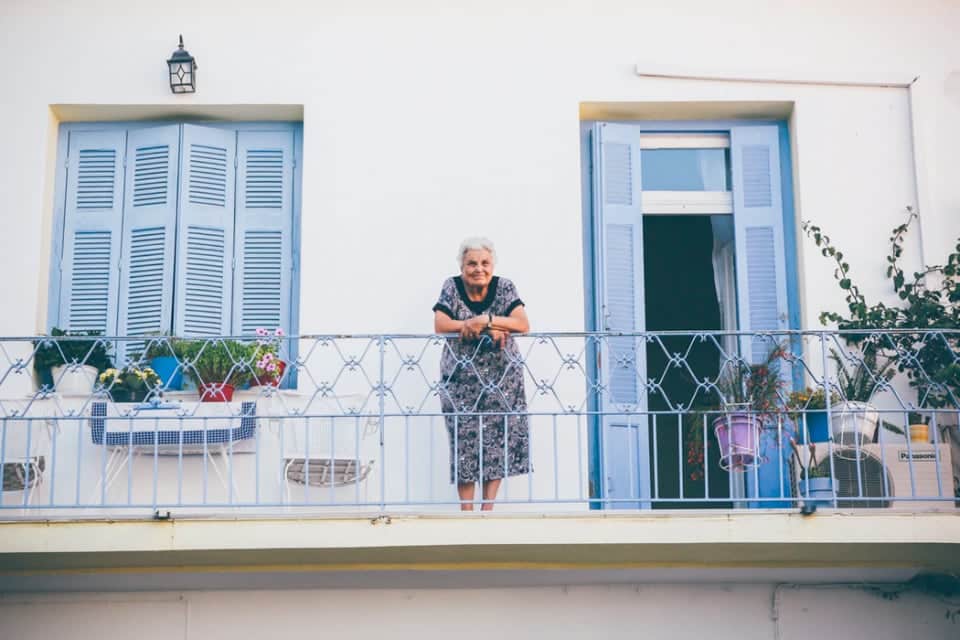Top 10 European Countries With The Highest Rate Of Healthy Years Of Life Among Citizens

Eurostat published in early April 2020 data referring to the number of years a person is expected to continue to live in a healthy condition at birth concerning the countries of the European Union. Taking into consideration insights from 2018, Eurostat is making clear that the number of years a person is expected to continue to live in a healthy condition at birth in the European Union (EU) is estimated to be 64.2 years for women and 63.7 years for men. Eurostat when referring to healthy life years means the number of years that a person is expected to live without any activity limitation (disability).
Malta is the number one country in the European Union where women are expected to live in a healthy condition at birth for 73.4 years. Second comes Sweden. There women are expected to live in a healthy condition at birth for 72 years.
Ireland takes the 3rd place with an estimated number of 70.4 years when referring to women living in a healthy condition at birth. Closely follows Norway with an estimated number of 69.1 years when referring to women living in a healthy condition at birth.
Spain completes the top 5 countries where women tend to live more years in a healthy condition with an estimated number of 68 years. Bulgaria, Italy, Germany, Greece and France complete the top 10 countries of the European Union where women tend to live more years in a healthy condition. The estimated limit in the above countries referring to women living in a healthy condition at birth is 67.6, 66.9, 66.3, 65.9 and 64.5 years respectively.
As far as men are concerned it is interesting to see where the corresponding limits end. Sweden is the number one country in the European Union where men are expected to live in a healthy condition at birth for 73.7 years. Malta comes second.
There men are expected to live in a healthy condition at birth for 71.9 years. Norway takes the 3rd place with an estimated number of 71.7 years when referring to men living in a healthy condition at birth. Closely follows Ireland with an estimated number of 68.4 years when referring to men living in a healthy condition at birth.
Spain completes the top 5 countries where men tend to live more years in a healthy condition with an estimated number of 68 years. Italy, Germany, Greece, Bulgaria and France complete the top 10 countries of the European Union where men tend to live more in a healthy condition.
The estimated limit in the above countries referring to men living in a healthy condition at birth is 66.8, 65.1, 65.0, 64.0 and 63.4 years respectively.
The country where both women and men are expected to live the fewest years without any disability is Latvia. There women are expected to live 53.7 years in a healthy condition while men are expected to live 51 years in a healthy condition.
The number of healthy life years at birth was higher for women than for men in 19 of the EU Member States, with the difference between the sexes generally relatively small. In 5 EU Member States the gap was more than two years: Poland (+3.8 years), Bulgaria (+3.6 years), Lithuania (+2.8 years), Latvia (+2.7 years) and Estonia (+2.3 years).
At the opposite end of scale, in seven EU Member States the number of healthy life years for women was lower than for men. The largest differences were observed in the Netherlands (-3.9 years), Denmark (-3.4 years) and Finland (- 3.1 years).
At the same time, across the EU Member States, life expectancy at birth for women in 2018 ranged between 78.6 years in Bulgaria to 86.3 years in Spain. A difference of 7.7 years. A similar comparison for men shows that the lowest level of life expectancy in 2018 was recorded in Latvia (70.1 years) and the highest in Italy (81.2 years).
A range of 11.1 years.It is clear that there are considerably wider differences between the EU Member States in terms of the quality of life that their respective populations may expect to live when compared with the overall differences in life expectancy. In 2018, a woman born in Slovenia could expect to live 64.7 % of her life free from any limitations, a share that rose to 86.1 % in Bulgaria and 86.8 % in Malta.
In 2018, men born in Estonia, Austria and Slovenia could expect to live between 71.2% – 71.8% of their lives free from any activity limitations, whereas the share rose to as high as 89.5 % in Bulgaria and 91.1 % in Sweden.
Add CEOWORLD magazine to your Google News feed.
Follow CEOWORLD magazine headlines on: Google News, LinkedIn, Twitter, and Facebook.
This report/news/ranking/statistics has been prepared only for general guidance on matters of interest and does not constitute professional advice. You should not act upon the information contained in this publication without obtaining specific professional advice. No representation or warranty (express or implied) is given as to the accuracy or completeness of the information contained in this publication, and, to the extent permitted by law, CEOWORLD magazine does not accept or assume any liability, responsibility or duty of care for any consequences of you or anyone else acting, or refraining to act, in reliance on the information contained in this publication or for any decision based on it.
Copyright 2024 The CEOWORLD magazine. All rights reserved. This material (and any extract from it) must not be copied, redistributed or placed on any website, without CEOWORLD magazine' prior written consent. For media queries, please contact: info@ceoworld.biz
SUBSCRIBE NEWSLETTER










